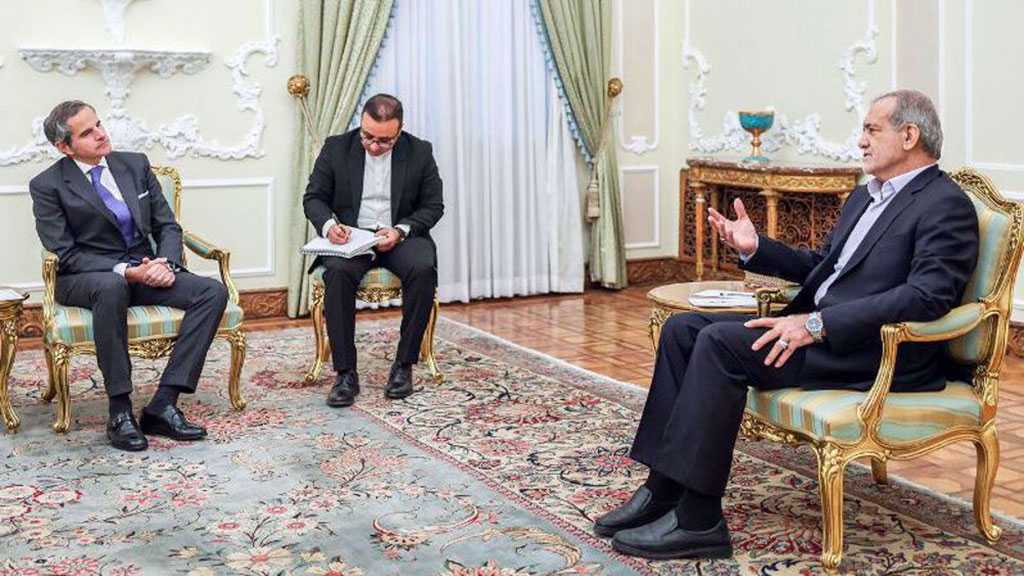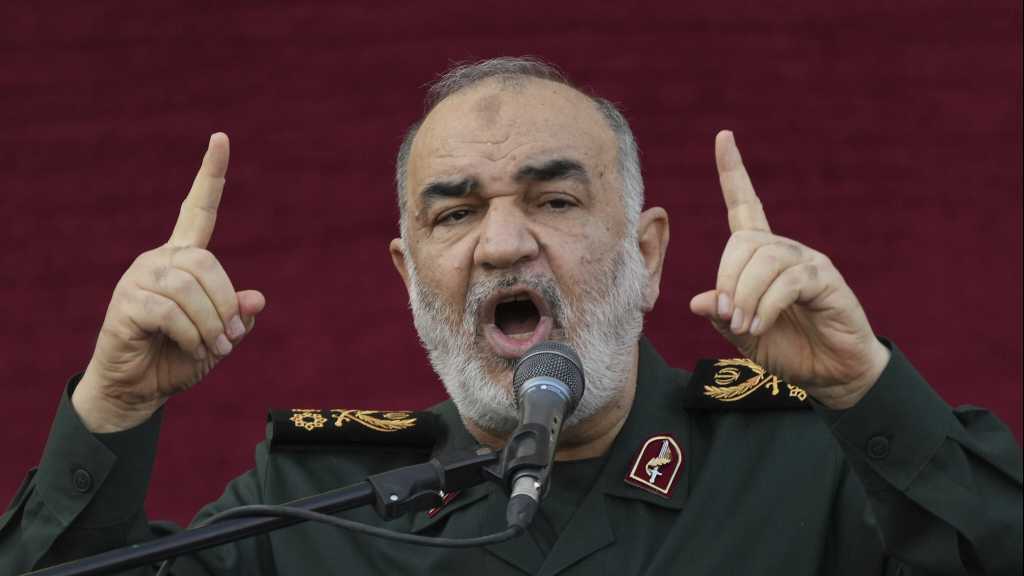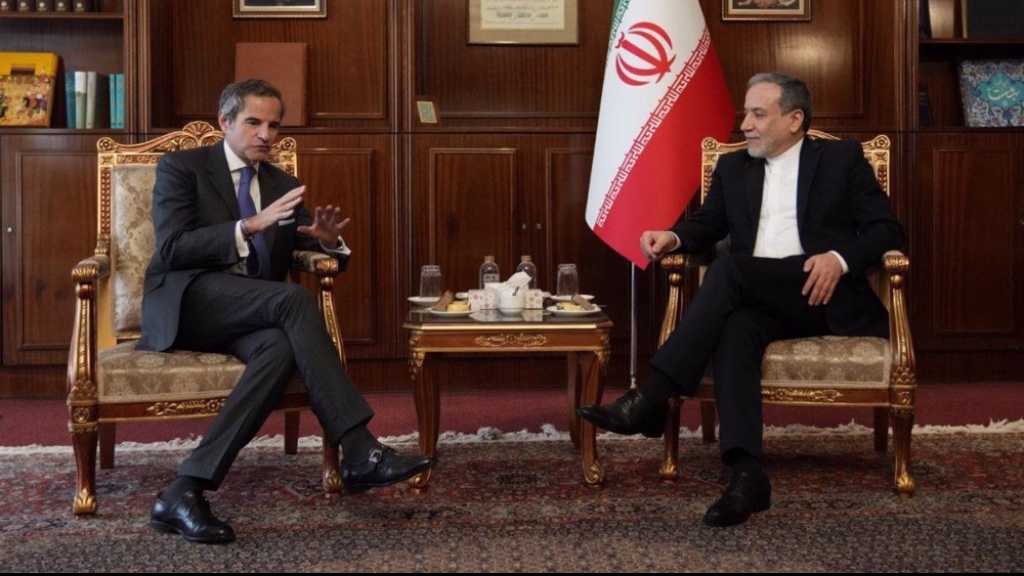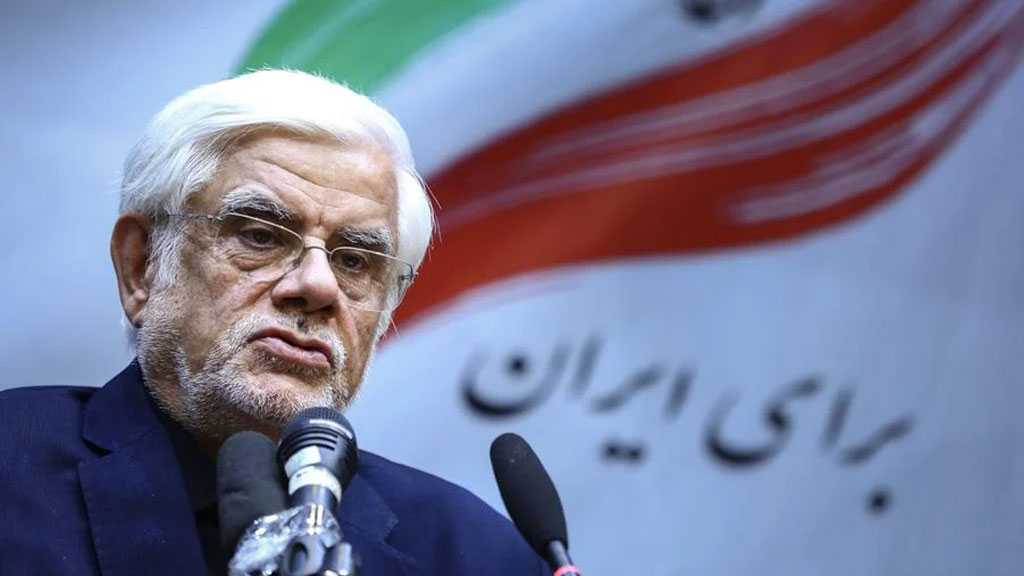
Khamenei: American troops in Iraq must go home

Source: AFP, 10-06-2008
TEHRAN: Iran's supreme leader warned Iraq's visiting prime minister on Monday against signing any agreement with the United States that would keep foreign troops in the country beyond 2008. The continued presence of US troops was Iraq's "fundamental problem," Ayatollah Ali Khamenei told Prime Minister Nuri al-Maliki, expressing confidence that Iran's western neighbor would dash the "dreams" of the United States.
The meeting - on the final day of Maliki's third visit to Tehran as prime minister - came amid alarm in Iran over the mooted Status of Forces Agreement (SOFA) between Baghdad and Washington.
"The most fundamental problem of Iraq is the presence of the foreign forces," Khamenei told Maliki in comments carried by state television.
"We are certain that the Iraqi people will pass the difficult circumstances and reach the status they deserve. For sure, the American dreams will not materialize," he added.
Washington and Baghdad are in negotiations aimed at signing the deal by the end of July to cover the presence of foreign troops beyond the end of this year, when the current UN mandate expires.
Iraqi media reports have said that the United States is seeking to keep as many as 50 bases indefinitely - suggestions that have alarmed Tehran because of the longstanding animosity between the United States and the Islamic Republic. US officials have denied having any such plans.
Supporters of hard-line Iraqi Shiite cleric Moqtada al-Sadr - currently said to be studying in Iran - have opposed the pact and Maliki has toughened his position since reaching an agreement in principle with US President George W. Bush last November.
"The fact that a foreign element wants to interfere in the affairs of Iraq and dominate the country progressively is the main problem for the development and well-being of the Iraqis," Khamenei said.
Television pictures showed the Shiaa Iraqi premier wearing a white shirt, without the necktie he had been wearing until now, during his visit. Ties are still frowned on in the Islamic Republic as a sign of Western imperialism.
He thanked Iran for its "ceaseless" support of Iraq, state television said.
"Definitely this was a fruitful trip. This trip was definitely a step forward in the aims set by both nations. I hope that they are realized," Maliki told reporters before leaving Tehran.
The two sides also signed a memorandum of understanding on defense, relating to border issues and mine and body clearance from their 1980-88 war, Iranian First Vice President Parviz Davoudi said.
On Sunday, Maliki had sought to reassure Iran over the planned security pact, vowing Iraq would never be used as a launchpad to attack the Islamic Republic.
"We will not allow Iraq to become a platform for harming the security of Iran and neighbors," he said.
The Islamic Republic's concern about the deal comes amid renewed tensions over its nuclear drive, which the United States fears is aimed at making atomic weapons, a charge consistently denied by Tehran.
The United States has never ruled out a strike against Iranian nuclear facilities, and 'Israel' - widely assumed to have its own nuclear arsenal - has also been threatening military action.
Iran and Shiaa-majority Iraq waged a war between 1980 and 1988 in which around 1 million people died but ties have warmed considerably since the overthrow of Saddam Hussein's Sunni-dominated regime, which started the war by launching an invasion in 2003. Some observers had expected Maliki to use the talks to raise American allegations of Iranian interference in Iraqi affairs, a charge vehemently denied by predominantly Shiite Iran. The United States has accused Tehran of shipping in tank-busting munitions for attacks on American troops, training Shiite militants inside Iran for operations in Iraq and supplying rockets for attacks in central Baghdad.
But Iraqi Defense Minister Abdel-Qader Jassim Mohammad declined to comment on whether the issue had been raised in the talks.
"This is a secret issue but we discussed among ourselves matters with transparency and clarity. We discussed all matters with the utmost frankness," the defense minister told AFP at the airport.
TEHRAN: Iran's supreme leader warned Iraq's visiting prime minister on Monday against signing any agreement with the United States that would keep foreign troops in the country beyond 2008. The continued presence of US troops was Iraq's "fundamental problem," Ayatollah Ali Khamenei told Prime Minister Nuri al-Maliki, expressing confidence that Iran's western neighbor would dash the "dreams" of the United States.
The meeting - on the final day of Maliki's third visit to Tehran as prime minister - came amid alarm in Iran over the mooted Status of Forces Agreement (SOFA) between Baghdad and Washington.
"The most fundamental problem of Iraq is the presence of the foreign forces," Khamenei told Maliki in comments carried by state television.
"We are certain that the Iraqi people will pass the difficult circumstances and reach the status they deserve. For sure, the American dreams will not materialize," he added.
Washington and Baghdad are in negotiations aimed at signing the deal by the end of July to cover the presence of foreign troops beyond the end of this year, when the current UN mandate expires.
Iraqi media reports have said that the United States is seeking to keep as many as 50 bases indefinitely - suggestions that have alarmed Tehran because of the longstanding animosity between the United States and the Islamic Republic. US officials have denied having any such plans.
Supporters of hard-line Iraqi Shiite cleric Moqtada al-Sadr - currently said to be studying in Iran - have opposed the pact and Maliki has toughened his position since reaching an agreement in principle with US President George W. Bush last November.
"The fact that a foreign element wants to interfere in the affairs of Iraq and dominate the country progressively is the main problem for the development and well-being of the Iraqis," Khamenei said.
Television pictures showed the Shiaa Iraqi premier wearing a white shirt, without the necktie he had been wearing until now, during his visit. Ties are still frowned on in the Islamic Republic as a sign of Western imperialism.
He thanked Iran for its "ceaseless" support of Iraq, state television said.
"Definitely this was a fruitful trip. This trip was definitely a step forward in the aims set by both nations. I hope that they are realized," Maliki told reporters before leaving Tehran.
The two sides also signed a memorandum of understanding on defense, relating to border issues and mine and body clearance from their 1980-88 war, Iranian First Vice President Parviz Davoudi said.
On Sunday, Maliki had sought to reassure Iran over the planned security pact, vowing Iraq would never be used as a launchpad to attack the Islamic Republic.
"We will not allow Iraq to become a platform for harming the security of Iran and neighbors," he said.
The Islamic Republic's concern about the deal comes amid renewed tensions over its nuclear drive, which the United States fears is aimed at making atomic weapons, a charge consistently denied by Tehran.
The United States has never ruled out a strike against Iranian nuclear facilities, and 'Israel' - widely assumed to have its own nuclear arsenal - has also been threatening military action.
Iran and Shiaa-majority Iraq waged a war between 1980 and 1988 in which around 1 million people died but ties have warmed considerably since the overthrow of Saddam Hussein's Sunni-dominated regime, which started the war by launching an invasion in 2003. Some observers had expected Maliki to use the talks to raise American allegations of Iranian interference in Iraqi affairs, a charge vehemently denied by predominantly Shiite Iran. The United States has accused Tehran of shipping in tank-busting munitions for attacks on American troops, training Shiite militants inside Iran for operations in Iraq and supplying rockets for attacks in central Baghdad.
But Iraqi Defense Minister Abdel-Qader Jassim Mohammad declined to comment on whether the issue had been raised in the talks.
"This is a secret issue but we discussed among ourselves matters with transparency and clarity. We discussed all matters with the utmost frankness," the defense minister told AFP at the airport.



